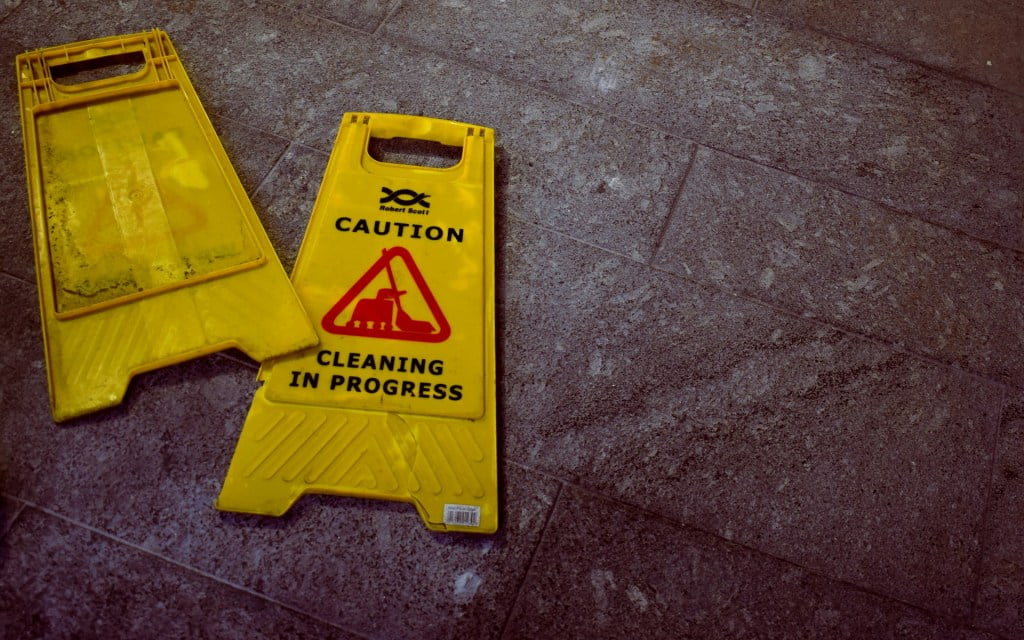Incidents and accidents. Both can happen at work, both are unplanned and unwelcome. But accidents are unpreventable, while incidents can be prevented with correct planning and procedure. If you want to know the difference between an accident and an incident, the first thing to understand is the difference between cause and consequence. Here’s everything you need to know about the difference between accidents and incidents, and why the distinction matters.
Accidents and Incidents at the Worksite or in the Workplace
Workplace accidents and incidents can happen at any time and without warning. They can also be very serious, causing injuries and damage to property. The difference between an accident and an incident is what caused the accident or incident to occur. If a co-worker slipped on a banana peel and hurt himself, that would be an accident.
Incidents and accidents happen all the time. In fact, you can’t avoid them. Some are minor and don’t cause any harm. Others, however, are more serious and may result in injuries to you or other employees.
Incidents and accidents are both events that happen at work. But accidents are more common than incidents. According to the Bureau of Labor Statistics (BLS), 2.7 million nonfatal workplace injuries and illnesses were reported by private employers as recently as 2020.
Of course, a great deal of those injuries was caused by accidents at the workplace. The number of accidents that occur in any given workplace relates to the amount of time, effort, and money that companies invest in EHS safety protocols.
What Is the Difference Between Incidents and Accidents?
Incidents and accidents are defined differently as they have different impacts on safety. An incident is a specific event or series of events that occur at the workplace. It is often the result of a specific action or event that occurs.
Incidents and accidents happen at work and can be a major disruption to your workflow. In some cases, they can also be dangerous. The difference between an accident and an incident is what happens, not whether it’s safe or not. For example, slipping on ice is an accident.
Whether an occurrence is an incident or an accident at the workplace depends on a number of factors, including the definition of each word. Generally, an accident is considered to be a single, unplanned event. An incident, on the other hand, is a recurring event that occurs on a more regular basis.
Both incidents and accidents happen at work. That said, incidents are events that occur within a workplace, such as a machine breaking or a co-worker getting hurt. Incidents are occurrences that can be controlled and managed. If an incident is managed properly, it can result in a positive outcome.
Another key to understanding the difference between an accident and an incident is to examine the intent. Did your employee mean to spill hot coffee on Jerry from accounting? Or was it deliberate? By establishing whether your employee had the intent to do it on purpose, you can distinguish the nature of the act. You should know that the difference between an accident and an incident can be very subjective.
Why Does the Difference Between Incidents and Accidents Matter?
The difference between incidents and accidents is important for safety and legal purposes. Incidents are unexpected events that don’t necessarily harm anyone.
On the other hand, accidents are something that was planned or intended to happen but did harm someone or something. Incidents and accidents happen all the time in the workplace. They can be difficult to prevent, and sometimes a worker is injured or property is damaged. But what is the difference between an incident and an accident? And why does it matter?
Incidents and accidents happen at work. They can be small and insignificant, or they can be large and life-threatening. The difference between an incident and an accident is often subtle. However, it can have a big impact on how a situation is handled and whether someone is held accountable.
That’s why it’s so important to know the difference between the two. When something is an accident, it would be prudent to exercise leniency. Incidents, however, may require more serious disciplinary action.
It’s important to know the difference between an accident and an incident so that everyone is treated fairly and that no one is punished unduly. Accidents should serve as lessons not only to the employee in question but also to the entire team.
Reduce the Number of Accidents and Incidents at Your Worksites with EHS Safety Software
Want fewer accidents and incidents at your worksites and facilities? Businesses across the globe are discovering the benefits of using software to manage complex responsibilities like EHS safety. Businesses that invest in EHS safety and utilize the appropriate software can significantly reduce the number of accidents and incidents at their worksites.
